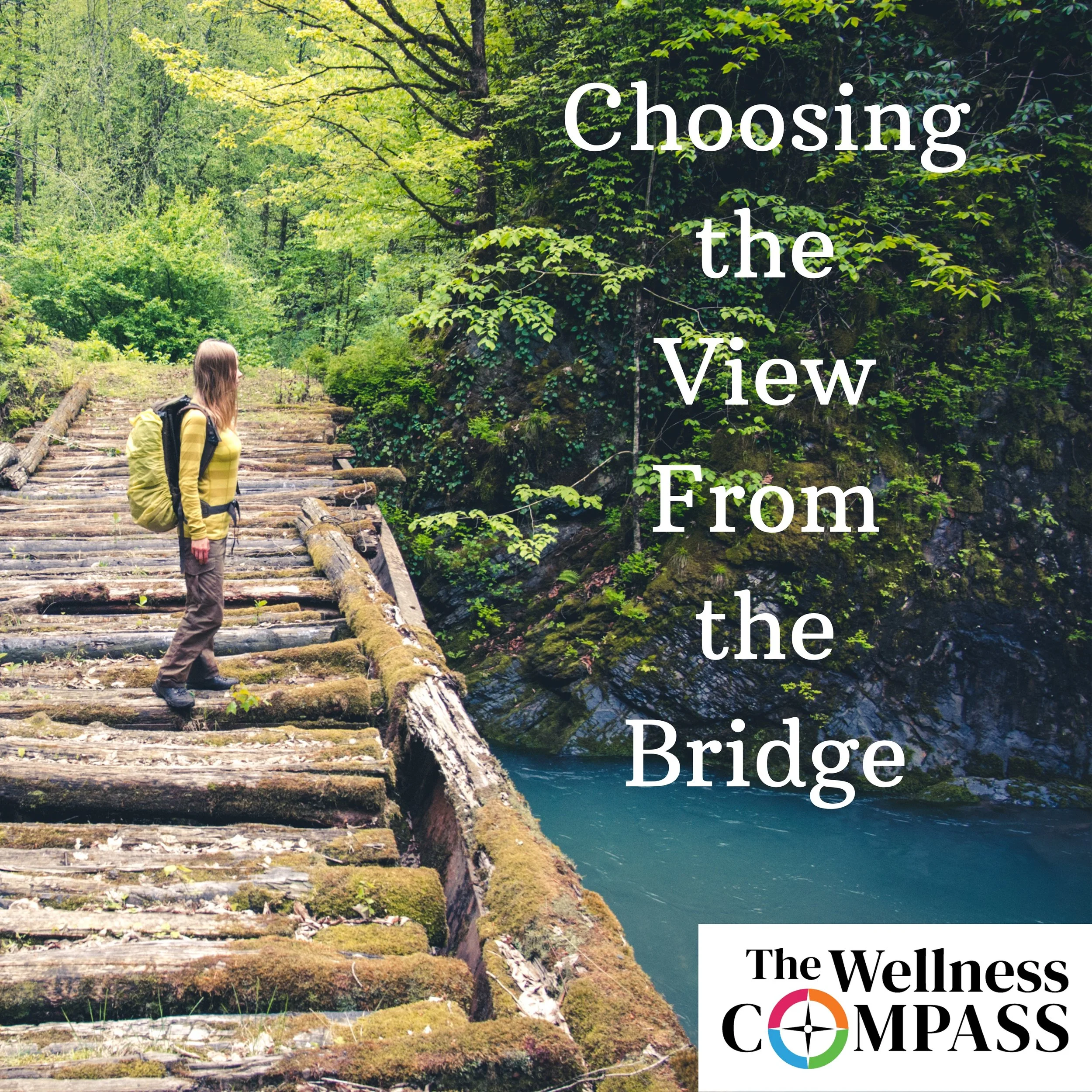"Time Change”
The Wellness Compass Initiative is our partner community wellness initative that serves schools, counseling centers, nonprofits, and other community wellness organizations. Each week Holly Hughes Stoner and Scott Stoner co- write a column for Wellness Compass and we are pleased to share it here on our Living Compass site. There is also a Wellness Compass podcast at www.wellnesscompass.org/podcast.
We recently visited some friends we hadn’t seen in quite a while. It was a delight to share memories and catch up on each other’s lives. The next day, we agreed that we both wanted to make more time for experiences like that.
The semi-annual ritual of changing our clocks, which we will all engage in again soon, provides an opportunity for us to reflect on time and how much time we are making for what matters most to us.
Just as it is a good practice to regularly reflect on how we spend, save, or share our money, the same thing can be helpful in reflecting on how we spend our time. Suggesting that we pause to take an audit of how we are spending our time is not meant to be an exercise in self-criticism but a way to bring to mind anything we wish we were making more time for, but are not. This is what we were doing when we realized we wanted to spend more time connecting with friends.
Sometimes, we are so overwhelmed with responsibilities and challenges that we feel like we have no time for anything else. There may also be times when we feel like we have nothing but time on our hands. Either way, pausing to reflect on how we are choosing to spend our time can be helpful.
In place of any judgment about how we are using our time, we find that this simple question can be most empowering: “What is one thing that, if I spent more or less time doing it this week, would enhance my overall wellbeing?
Pause and ask yourself that question with self-compassion. If you gain some clarity from the question, then receive that and do what comes to mind. Hopefully, this will be a gift you can give yourself and others today or this week. For us, it was and is spending time with friends. What is it for you?
*If you are stuck or need help with this, looking at our Wellness Compass Model of Wellbeing might stimulate some ideas. You can find it HERE.
Authors: Holly Hughes Stoner and Scott Stoner, LMFTs
****************************************************************************************************************
In addition to this column, there is also an episode of the Wellness Compass podcast based on this column. You can listen in your favorite podcast app and at www.WellnessCompass.org/podcast
Subscribe Now to Weekly Words of Wellness:
Click the button below to signup for the e-mail version of Weekly Words of Wellness. This weekly article can be shared with your community electronically and/or used for group discussion.
You can unsubscribe at any time.




